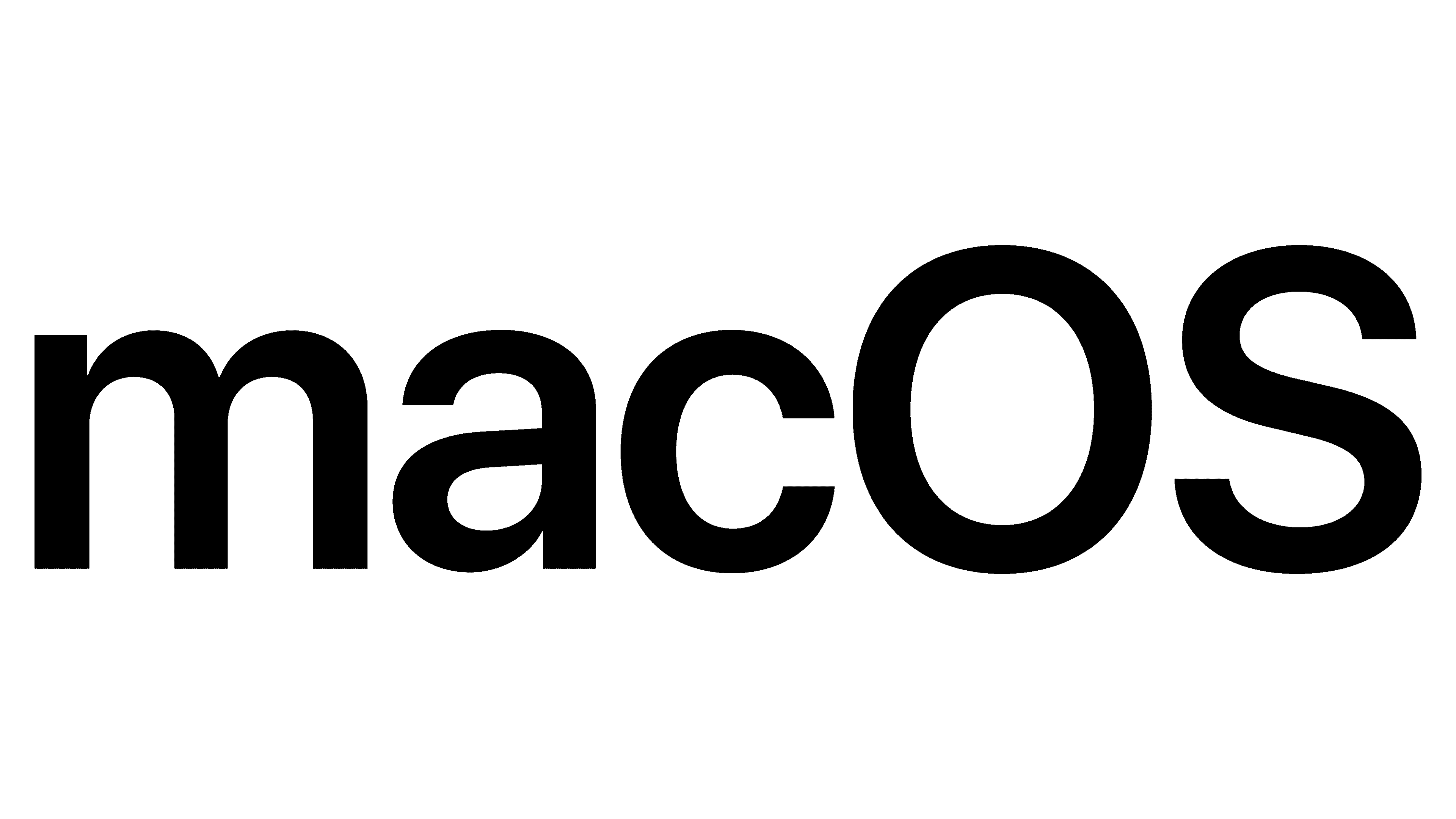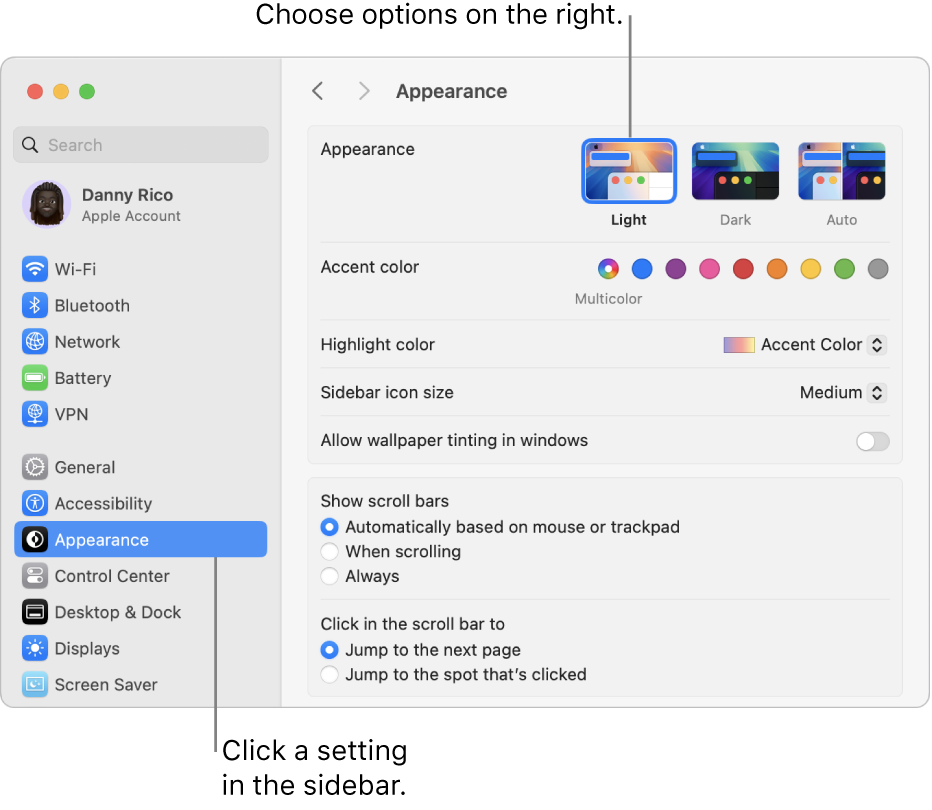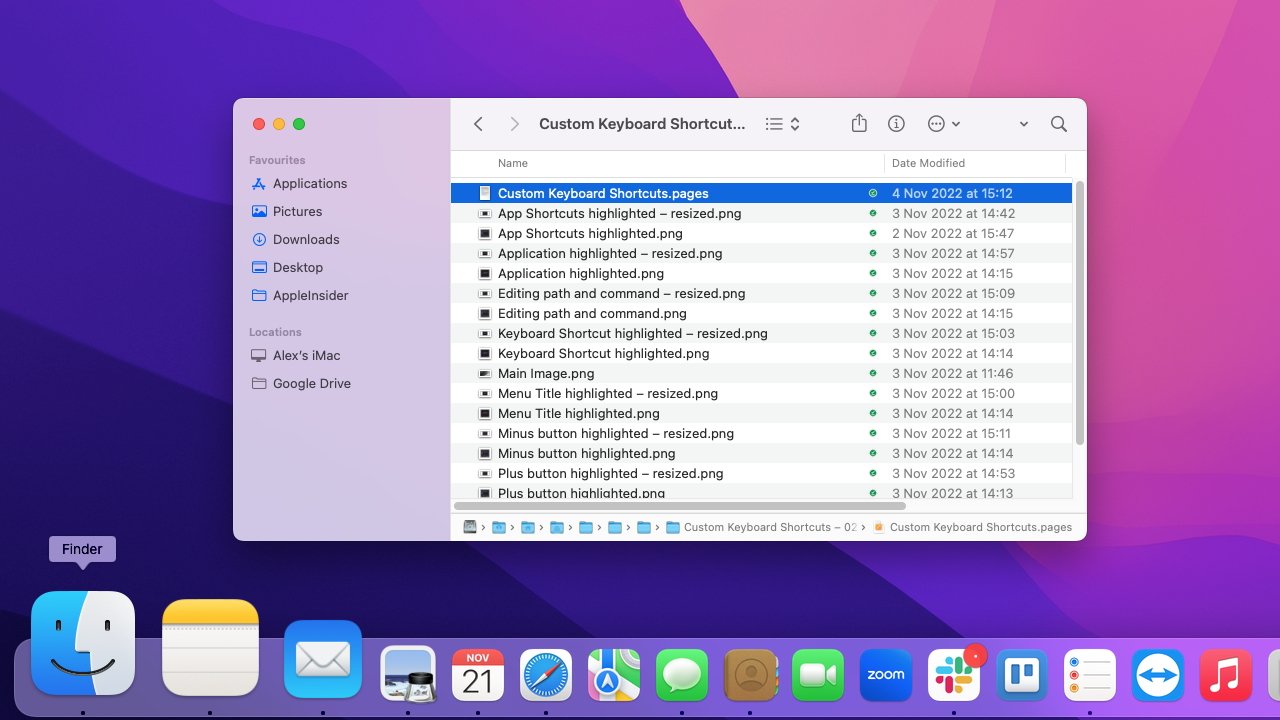macOS is Unix for people who want a terminal that works without weekend driver debugging sessions. Built on the XNU kernel with a BSD foundation, it delivers Unix reliability wrapped in an interface that doesn't require a computer science degree to operate. Unlike Windows where you're constantly negotiating with the OS, or Linux distributions where you're debugging your own setup choices, macOS benefits from Apple's hardware control - when something breaks, at least you know exactly who to blame.
macOS Sequoia is the current version, released September 2024. The big new thing is Apple Intelligence - their AI features that do writing help, improve Siri, and generate images. It sounds cool but it's Mac-only and English-only for now, so your mileage may vary.
Core Architecture and Performance

macOS runs on the XNU kernel that somehow makes Unix not suck for desktop use. Apple built it for their M1, M2, M3, and M4 chips, and yeah, these things are genuinely fast when they're not thermal throttling. I've watched M1 MacBooks compile React faster than my old Intel desktop, but then thermal throttling kicks in and suddenly your "pro" machine is slower than a Raspberry Pi.
Sure, M4 MacBooks render video faster than most desktop PCs while sipping battery, but try running more than 4 Chrome tabs on 8GB RAM and watch it swap to death. Docker on Mac has networking issues that don't exist anywhere else - spent a weekend debugging why containers couldn't reach localhost:3000 properly. Docker Desktop eats 4GB RAM even when it's doing nothing. And don't get me started on external monitors - Apple's color profiles make everything look like someone smeared vaseline on your screen. The MacRumors forums are full of "why is my MacBook slow" threads for a reason.
Professional Ecosystem Integration

Creative professionals use Mac because Adobe Creative Cloud, Final Cut Pro, and Logic Pro actually work here without wanting to die. I've tried editing 4K video on Windows - Premiere crashes every time you breathe on it wrong, let alone add a title card. Adobe's Mac optimization is legit, and the color management doesn't make you want to throw your monitor out the window. If you're doing anything creative for money, the Apple tax is basically insurance against losing your sanity.
If you want to build iPhone apps, you're buying a Mac. Period. Xcode only runs on macOS, so Apple's got you by the balls if you want that iOS App Store money. First thing every developer does? Install Homebrew because Apple's included tools are from 2010. Git comes pre-installed but it's usually 3 versions behind, Python is the wrong version, and don't even think about trying to use the system Ruby. The Hacker News threads about iOS development lock-in are depressing but accurate.

Apple's security implementation through System Integrity Protection and Gatekeeper provides genuine protection, unlike Windows Defender's security theater while malware mines Bitcoin in your registry. Automatic FileVault encryption and secure boot work reliably - until a system update corrupts your recovery key and locks you out of your own machine for hours of identity verification. The Monterey 12.3.1 update notably broke FileVault recovery for thousands of users, requiring full system restoration.
macOS updates also reset privacy settings to Apple's preferred defaults, forcing users to reconfigure their data sharing preferences after each major release. It's functional security with occasional user-hostile side effects.
How macOS Stacks Against the Competition
Understanding macOS requires context - it's one of three major desktop operating systems, each with distinct trade-offs in hardware compatibility, cost, software ecosystem, and user control.




